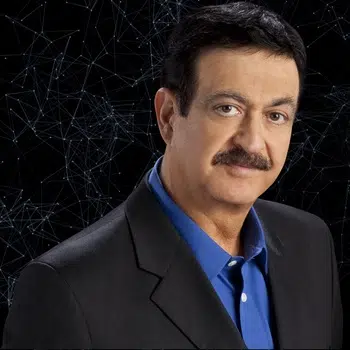By Nate Raymond
(Reuters) – Key members of the U.S. federal judiciary on Tuesday were warned by one of their colleagues to guard against the risks of cyber breaches by foreign actors who could seek to interfere with election-related litigation and spread misinformation.
U.S. Circuit Judge Michael Scudder, who chairs a committee on information technology for the federal courts, warned of the potential election-year hacking risk during a meeting of the U.S. Judicial Conference, the judiciary’s top policymaking body, in Washington, D.C.
“Now is a time when everyone in the judiciary needs to stay alert and be extra smart and vigilant in all aspects of our use and monitoring of our IT systems,” Scudder told reporters during a post-meeting press conference.
He cited public reporting from the U.S. intelligence community that “foreign adversaries see this election season as an opportunity to spread misinformation and to sow doubt about the workings and stability of our national government.”
U.S. intelligence agencies last month accused Iran of launching cyber operations against the campaigns of both U.S. presidential candidates, including a hacking operation targeting Republican former President Donald Trump’s campaign.
Scudder, who serves on the Chicago-based 7th U.S. Circuit Court of Appeals, said that while he knew of no current cyber threat involving the courts, “we must presume the judiciary faces this same risk.”
“The reporting out of the intelligence community has emphasized just the risk to the nation as a whole,” he said. “And it takes really no imagination in our view to see election-related litigation potentially hit the courts again this upcoming cycle.”
In 2020, three “hostile foreign actors” breached the federal judiciary’s document-filing system, Democratic Representative Jerrold Nadler, who at the time headed the House of Representatives Judiciary Committee, said during a hearing in 2022.
The cyberattack prompted the judiciary to change how it handles sensitive documents at the lower-court level.
(Reporting by Nate Raymond in Boston; Editing by Christopher Cushing)





Comments